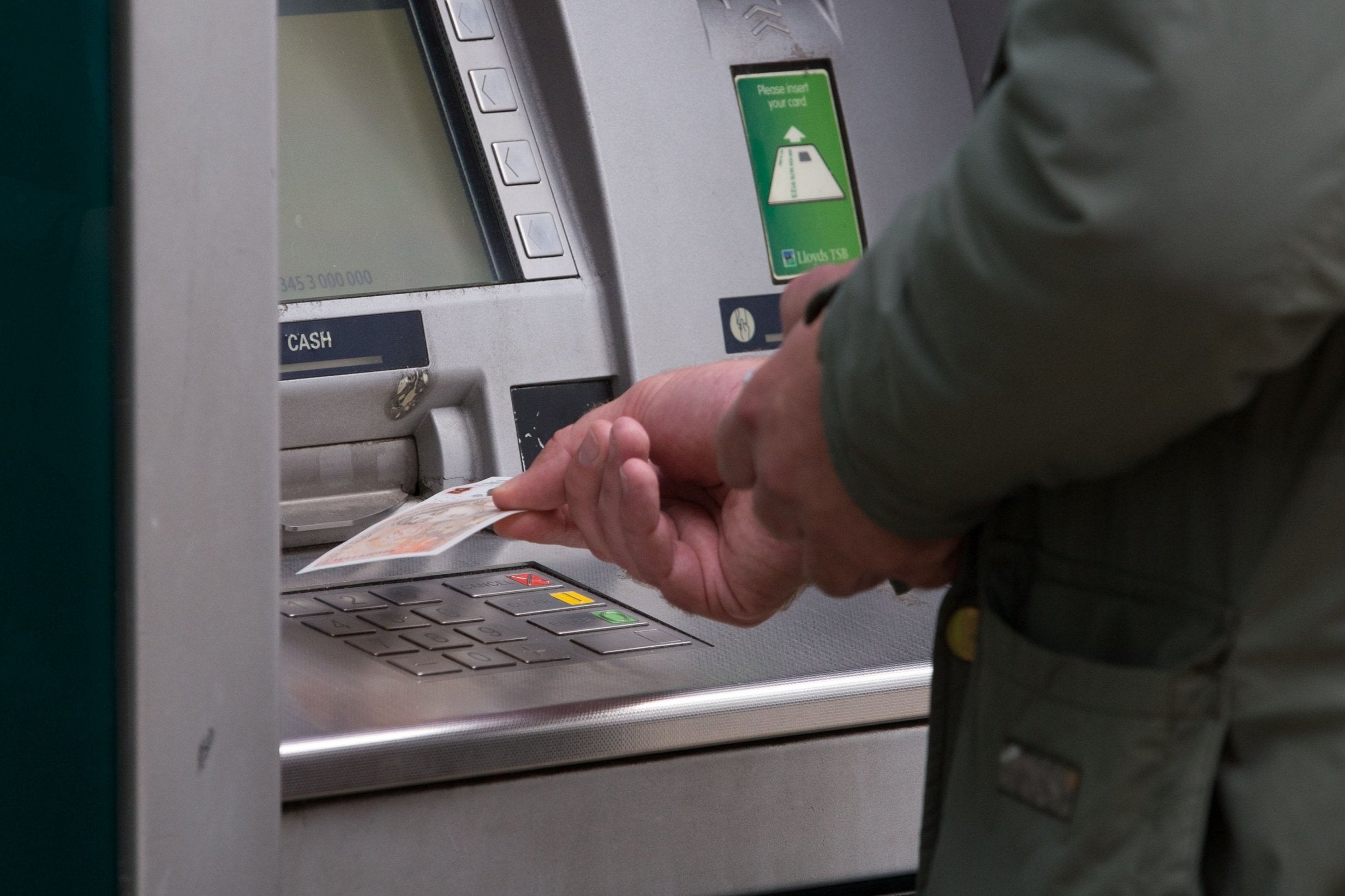Will you thrive in cashless Britain?
Experts warn that going cashless could be bad for your wealth

Almost 11 million Britons now consider themselves virtually cashless. They pay for almost everything by card or online.
That’s a fifth of the population that doesn’t walk down the street jangling their pockets and can’t remember the last time they counted out coins for a cashier. Many say they feel safer without it.
The Royal Mint halved its coin production rate this year as vast swathes of the population just don’t use “shrapnel” any longer. Last year, debit cards took over from cash as the most common form of payment type and now contactless payments alone account for more transactions than notes and coins. A third of us regularly go out with only a debit or credit card.
Within the next seven years, about 60 per cent of us will become cashless, new research from GoCompare suggests.
They’re not the demographics you’d expect though. In fact, adults in their 40s and 50s are far more likely to embrace contactless payments than the under 25s – almost half of whom pay in cash – says GoCompare.
How cashless are you?
At a time when thousands of ATMs look set to vanish from our streets as the Link network battles to compete with the likes of Visa and Mastercard, separate research also out this week from the Post Office points to Britons remaining tech free in a range of stubbornly cash-based transactions from car-park payments to pocket money.
And as we move towards a seemingly cashless future, stepping lightly along the fintech path without all that shrapnel, concerns are growing about the real impact and risks that a society without physical money brings with it.
There are obvious, well-known worries that millions of Britons are being left behind in the world of financial apps, online banking and contactless payments. A quarter of the population fears for the vulnerable and elderly in an increasingly cashless Britain, the Post Office warns, while another quarter simply doesn’t feel we have the infrastructure in place to transition smoothly.
Elsewhere in the world, the move to a cashless existence is advancing far quicker though.
The approach, which includes taking certain notes out of circulation, sometimes with very little notice is, the government claims, designed to curtail the shadow economy and destroy the role counterfeit cash plays in organised crime and terrorism.
Critics believe the policy has dented the economy and hit the poorest hard.
In Sweden, perhaps the closest thing there currently is to a cashless society, shops often have “no cash please” signs in their windows. Just 13 per cent of purchases in Swedish shops are now made in cash and yet even here there is a growing movement to back cash.
Trust and faith
In fact, as we ditch cash at increasing rates, major players in the global financial world are trying to put the brakes on.
While Britons faced a summer punctuated by one massive IT failure after another – the latest of which temporarily brought Barclays, RBS and NatWest’s retail banking to their knees only a week ago – a flurry of European central bankers were warning that the move towards a cashless society could bring chaos with it.
In scenarios ranging from power failures to cyberattacks, cash, they note, provides trust and security. When Visa payments failed across the continent in June this year it was often those with cash to hand who were able to manage a range of situations that had suddenly become very sticky indeed.
Now, the strategies being employed by these organisations to deliver robust financial systems are increasingly acknowledging a strong supportive role for cash in the future.
Real money, real spending
On the ground, there are more personal, more immediate issues to deal with though. As fewer of us carry physical cash around, worrying evidence also shows the UK consumer – who already has staggering average levels of personal debt – is losing track of their spending because they’re increasingly dissociated from it.
Georgie Frost, consumer advocate for GoCompare Money, warns: “While the contactless revolution is being driven by the genuine sense of convenience experienced by shoppers, there is plenty of evidence to suggest that there is also a dangerous disassociation between electronic payment methods and spending ‘real money’.
“Our study reports that 17 per cent of contactless users admit to losing track of spending and 13 per cent say they are worried it encourages them to spend more than they should.
“Just as contactless payments are unlikely to mark the end of cash entirely, we need to ensure that old school budgeting, checking statements and reconciling payments doesn’t go out of fashion too.”
Subscribe to Independent Premium to bookmark this article
Want to bookmark your favourite articles and stories to read or reference later? Start your Independent Premium subscription today.

Join our commenting forum
Join thought-provoking conversations, follow other Independent readers and see their replies